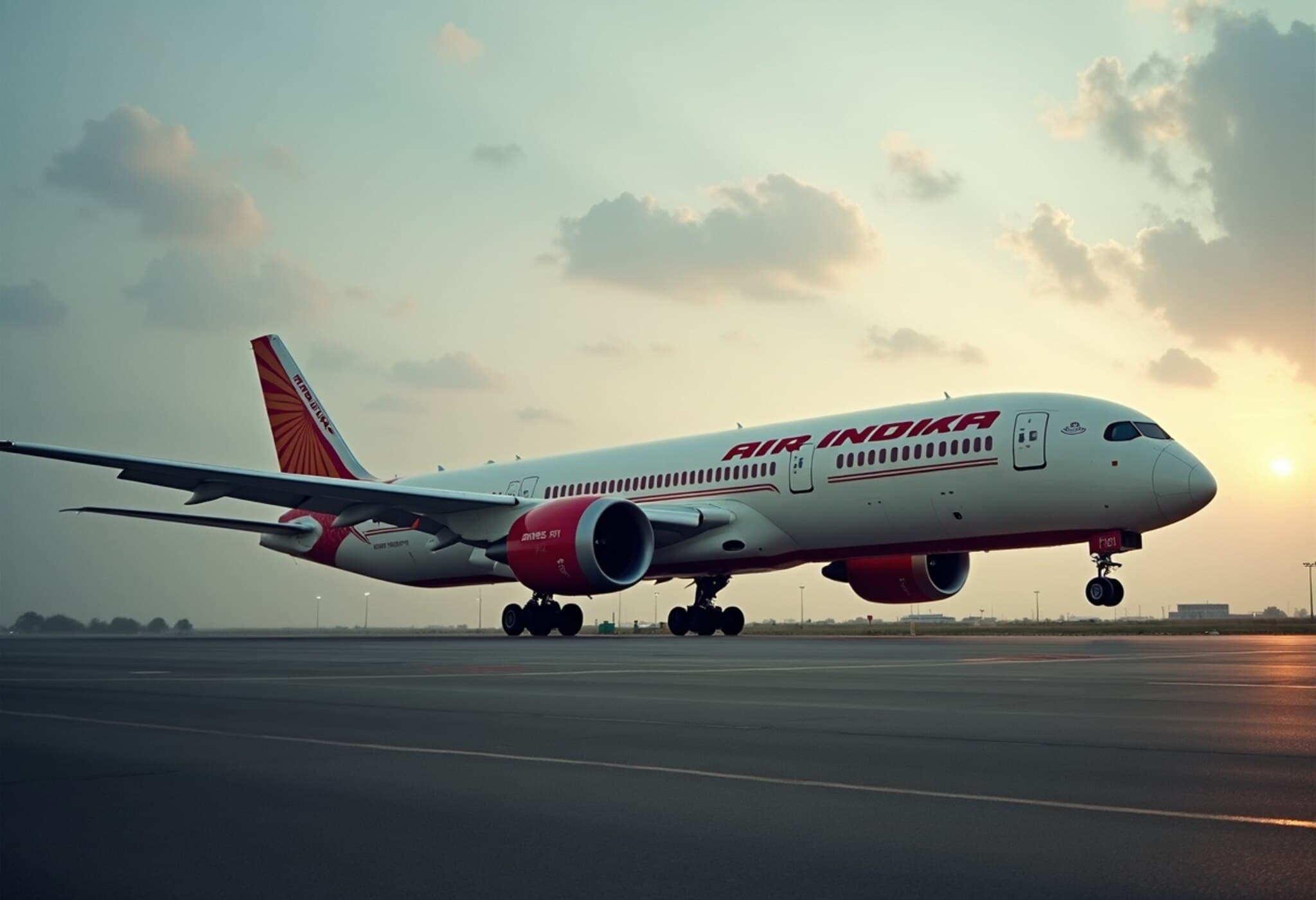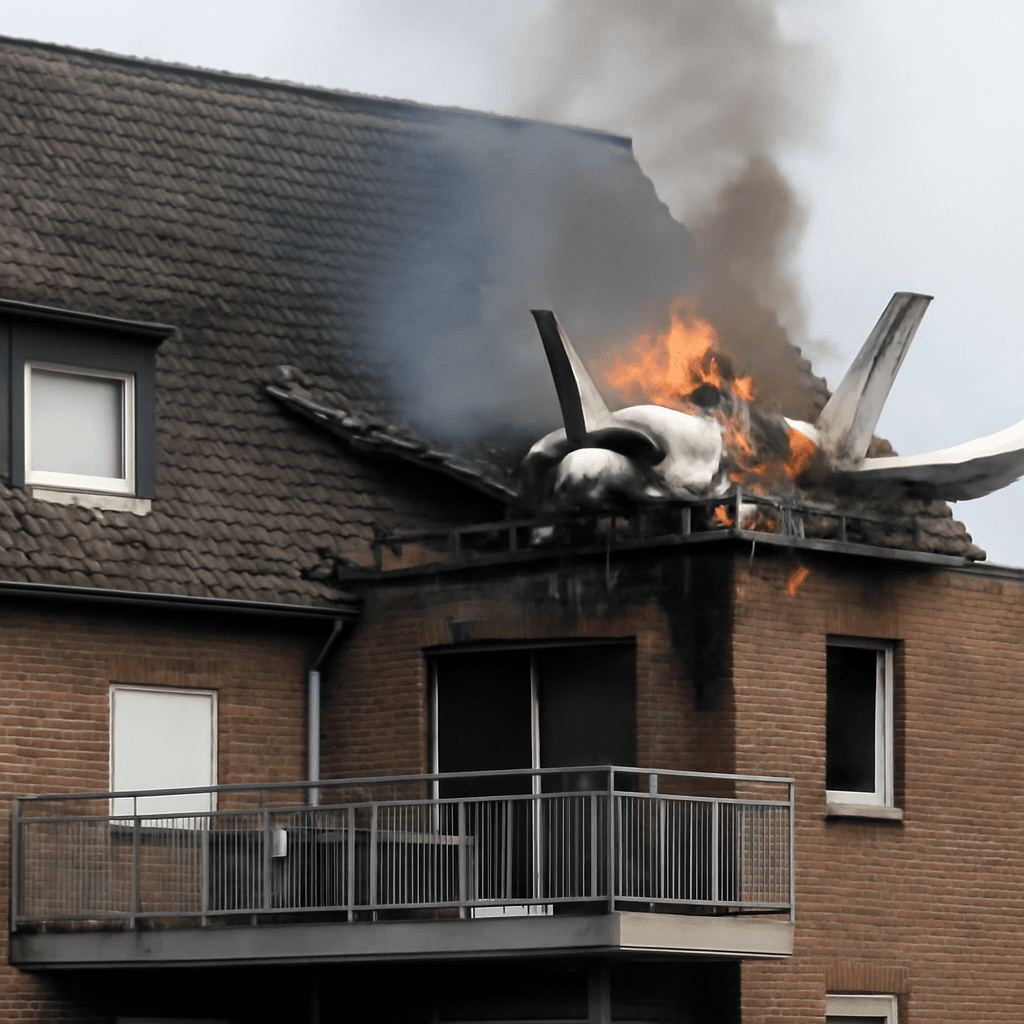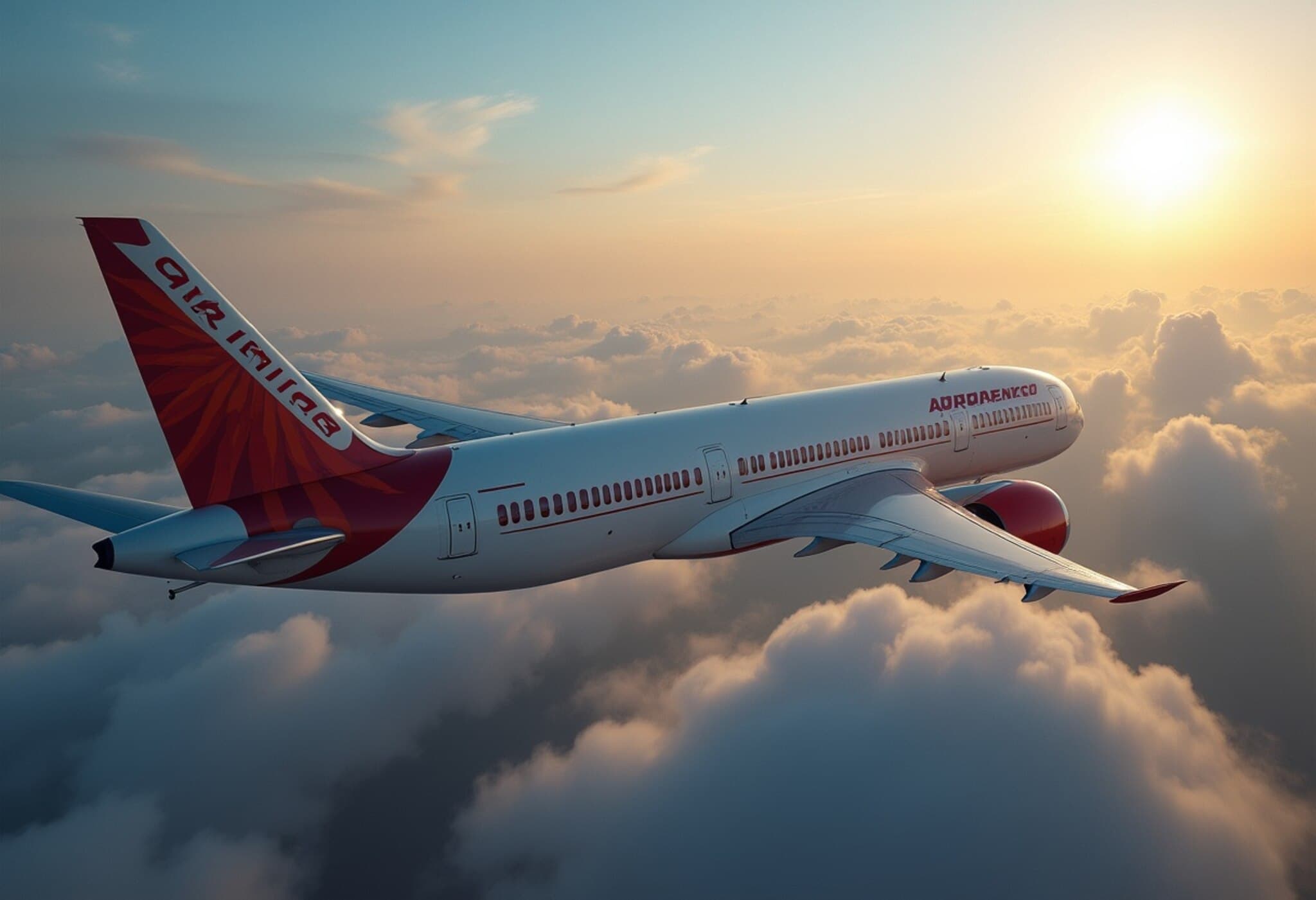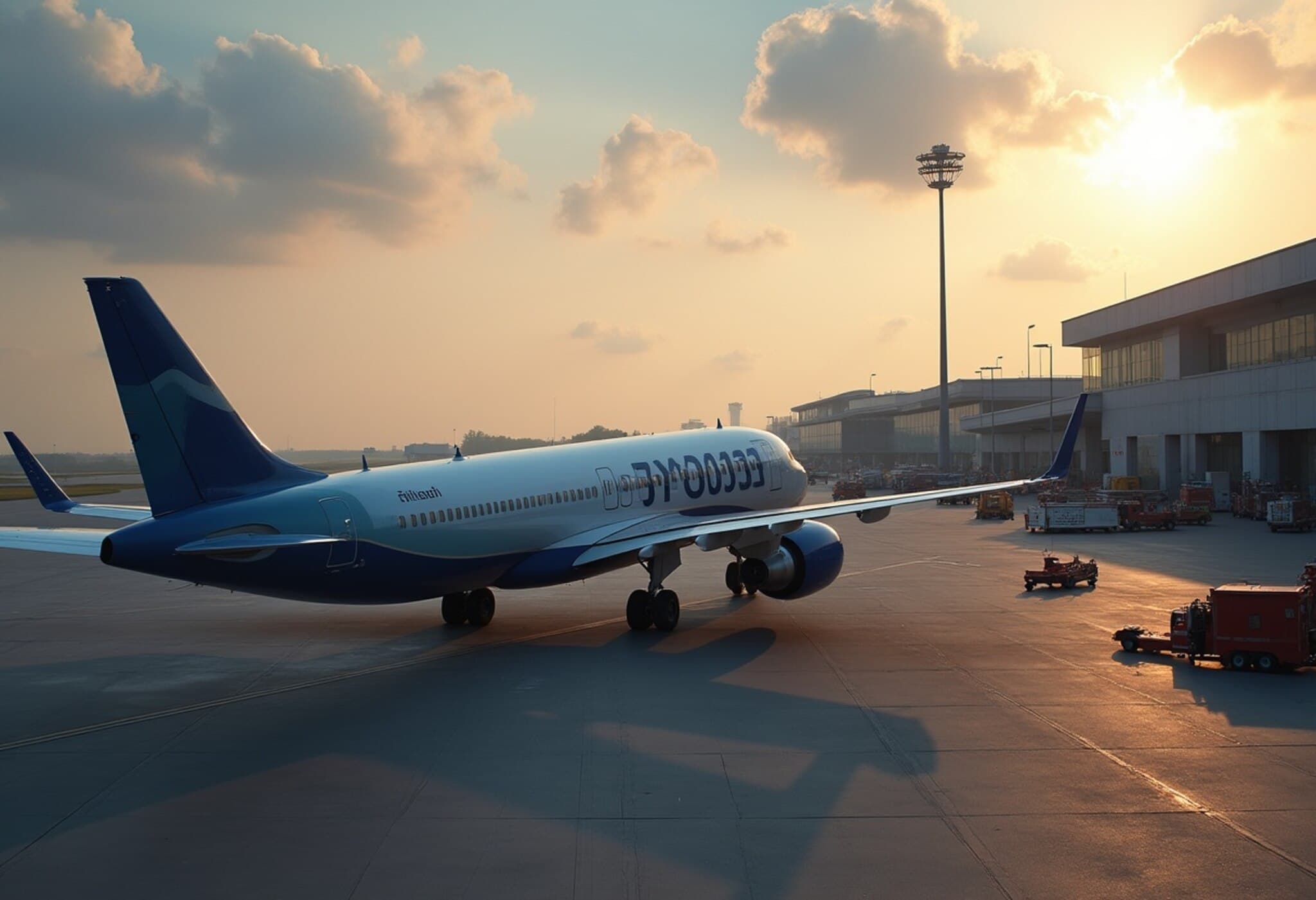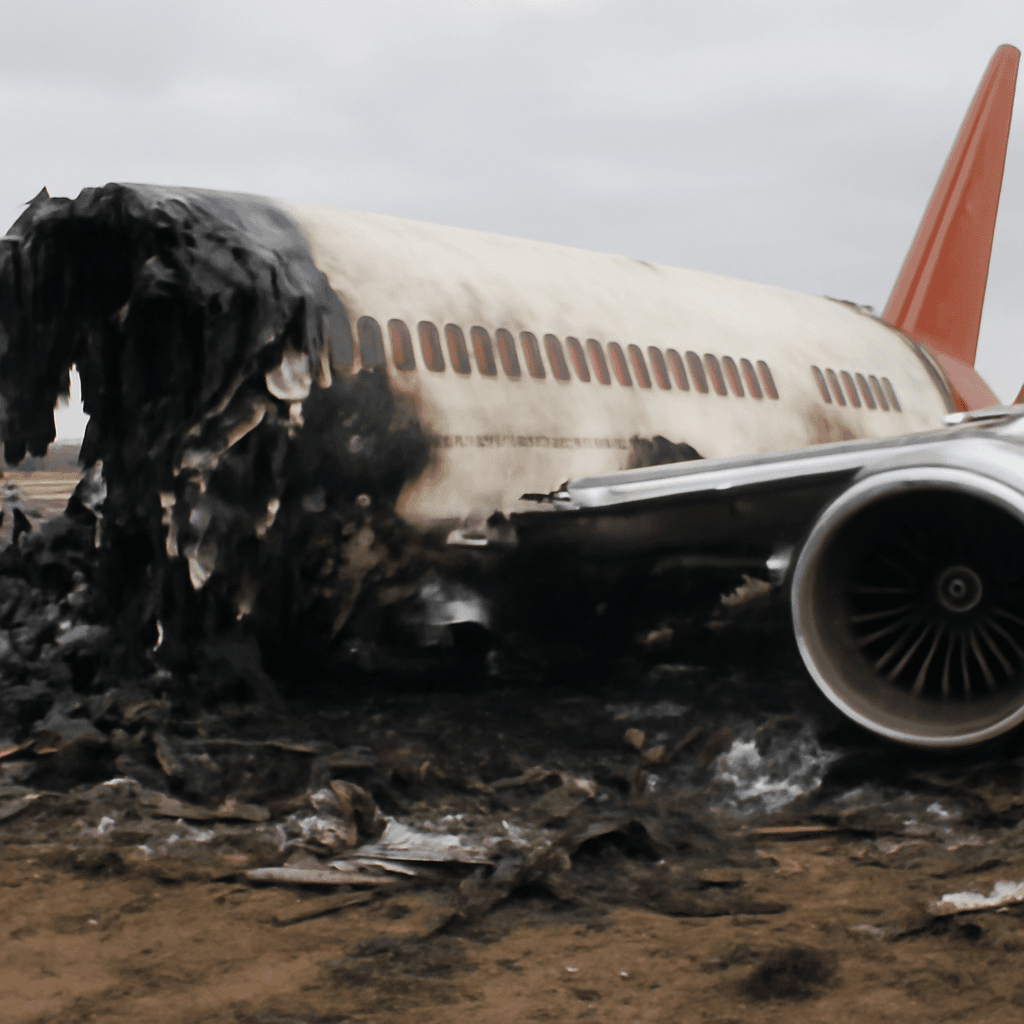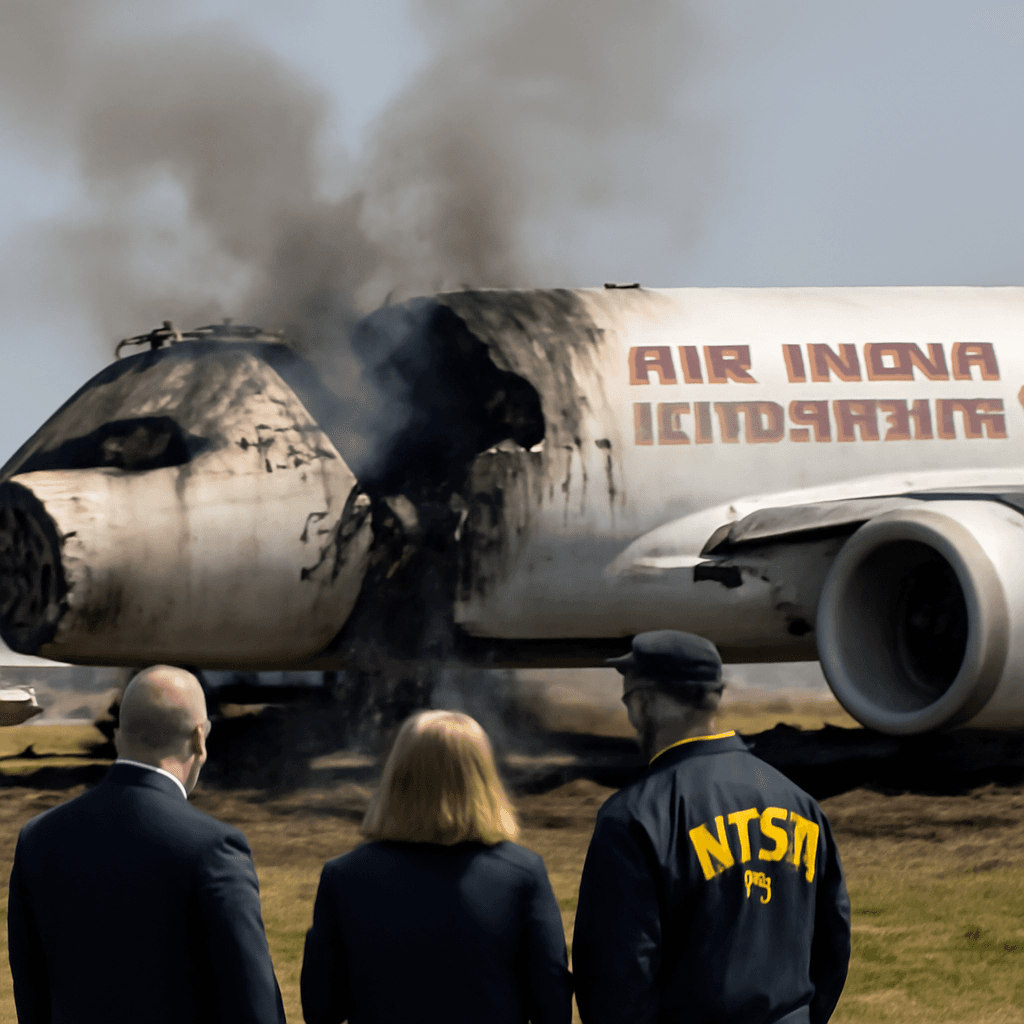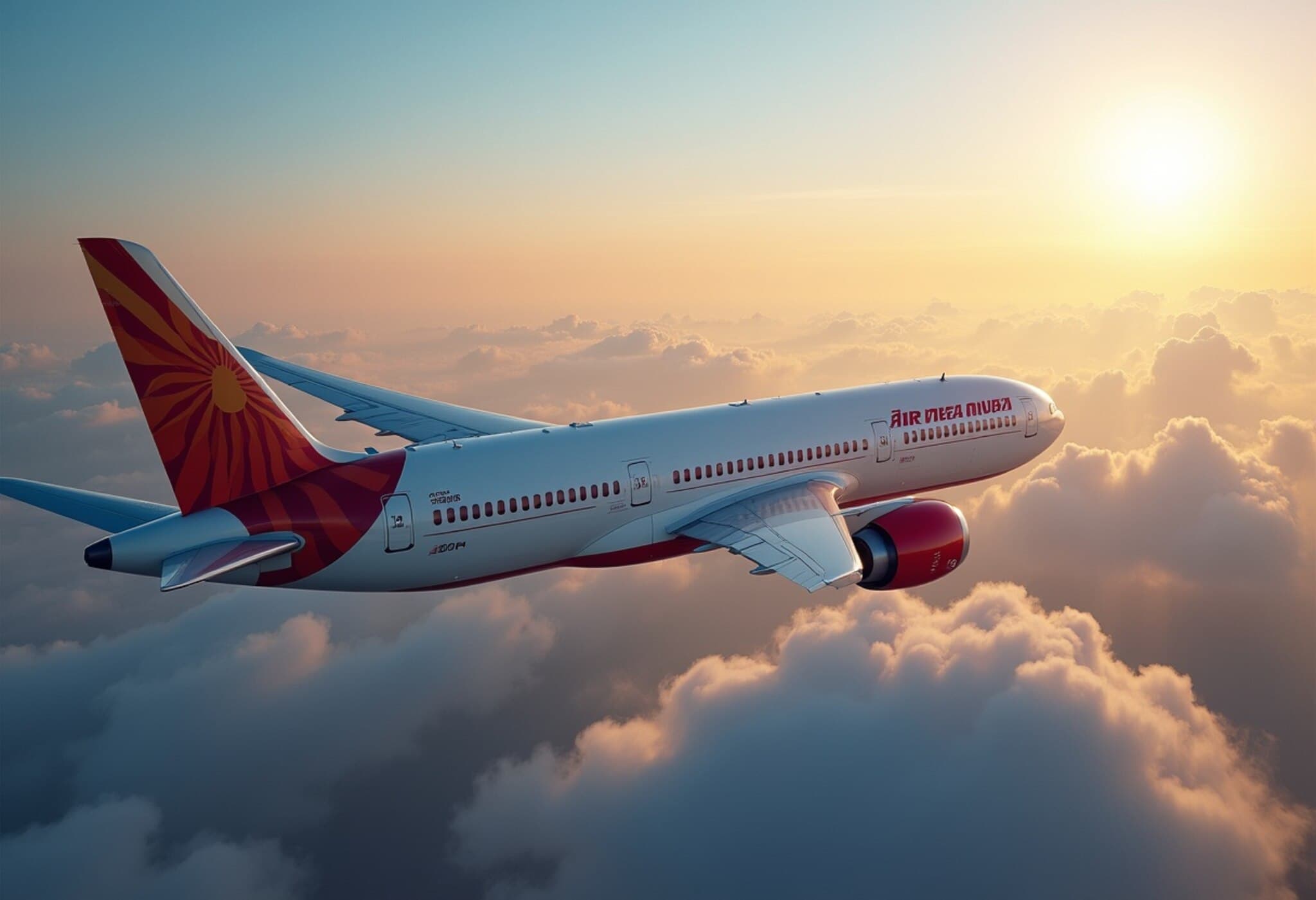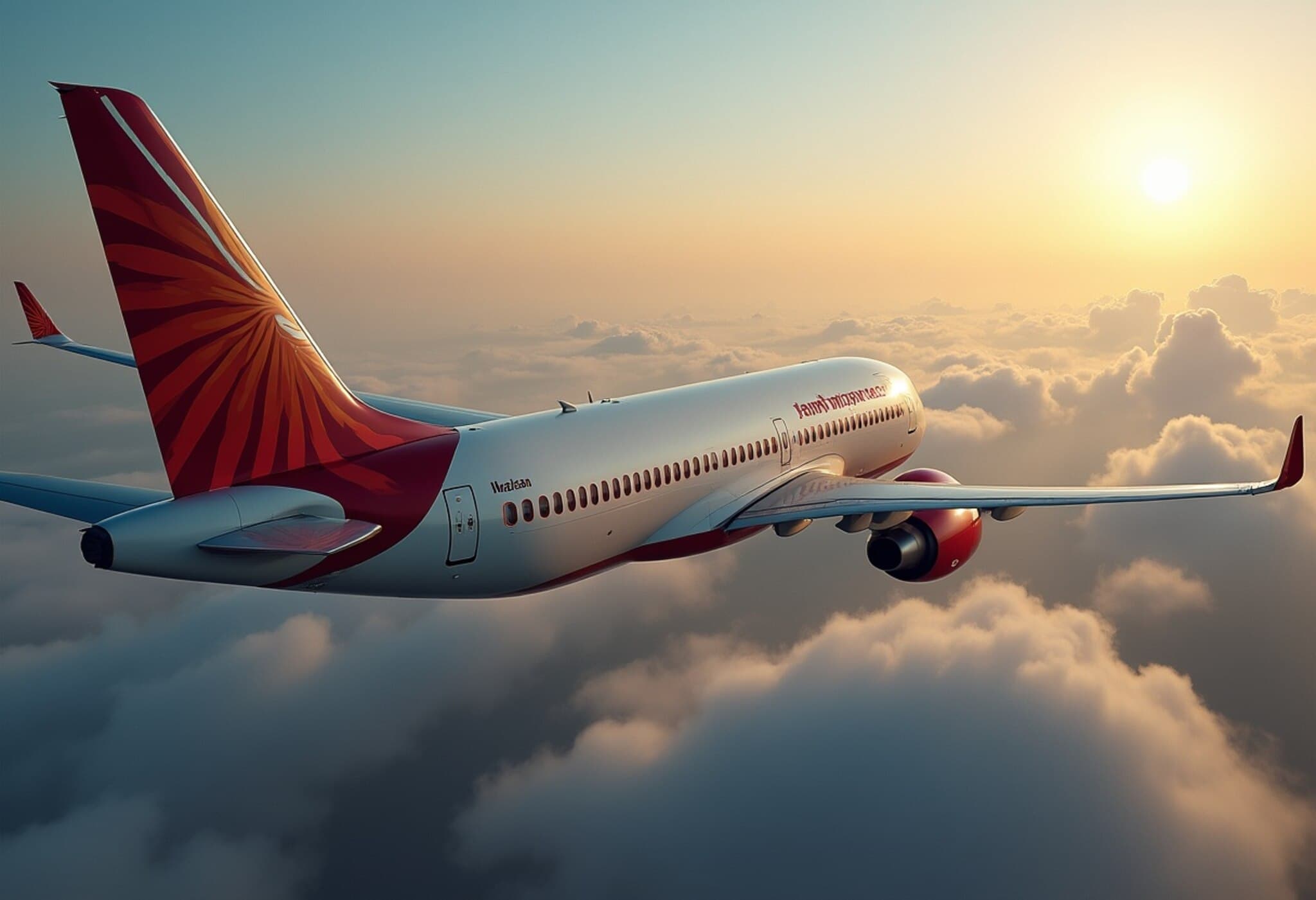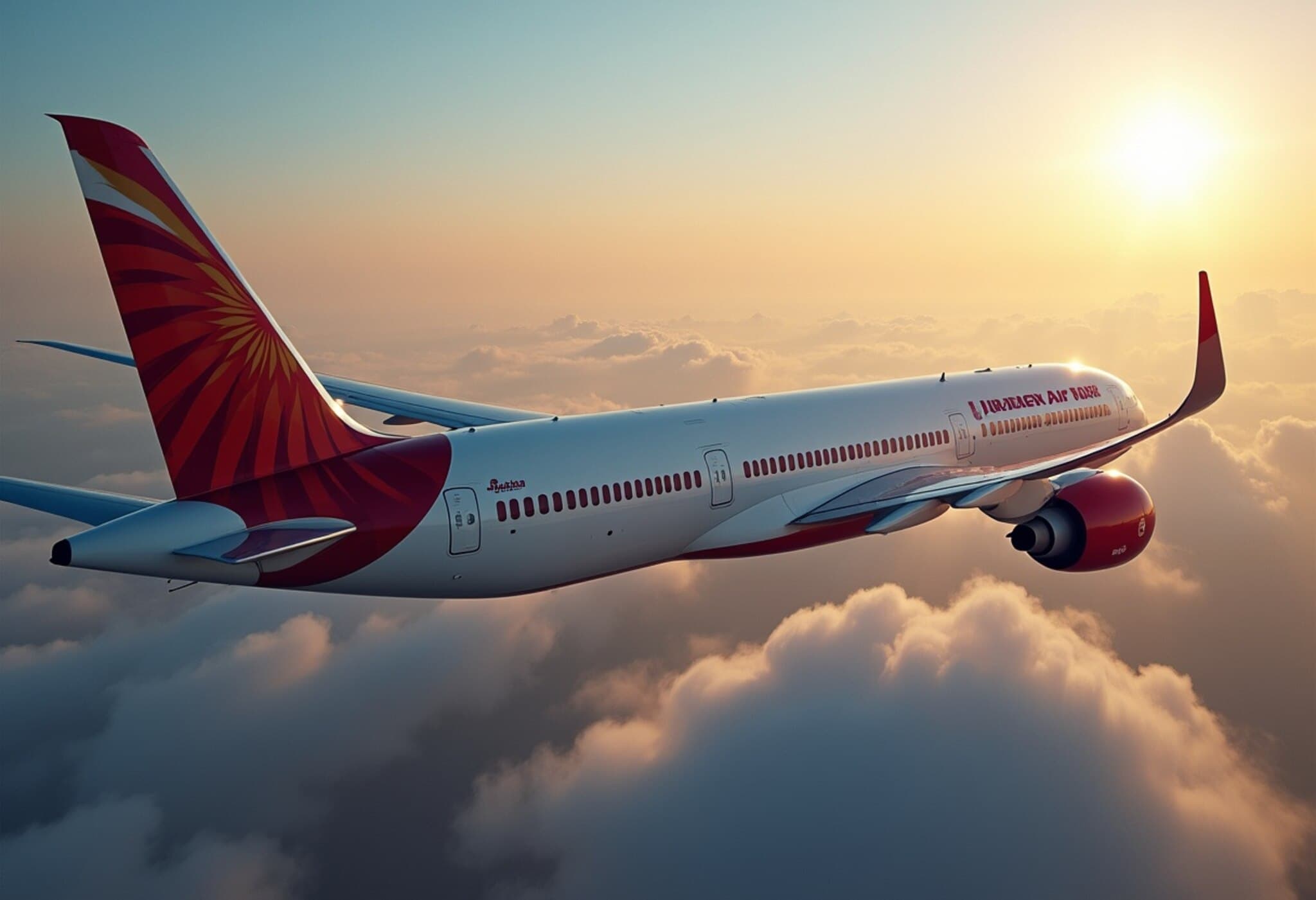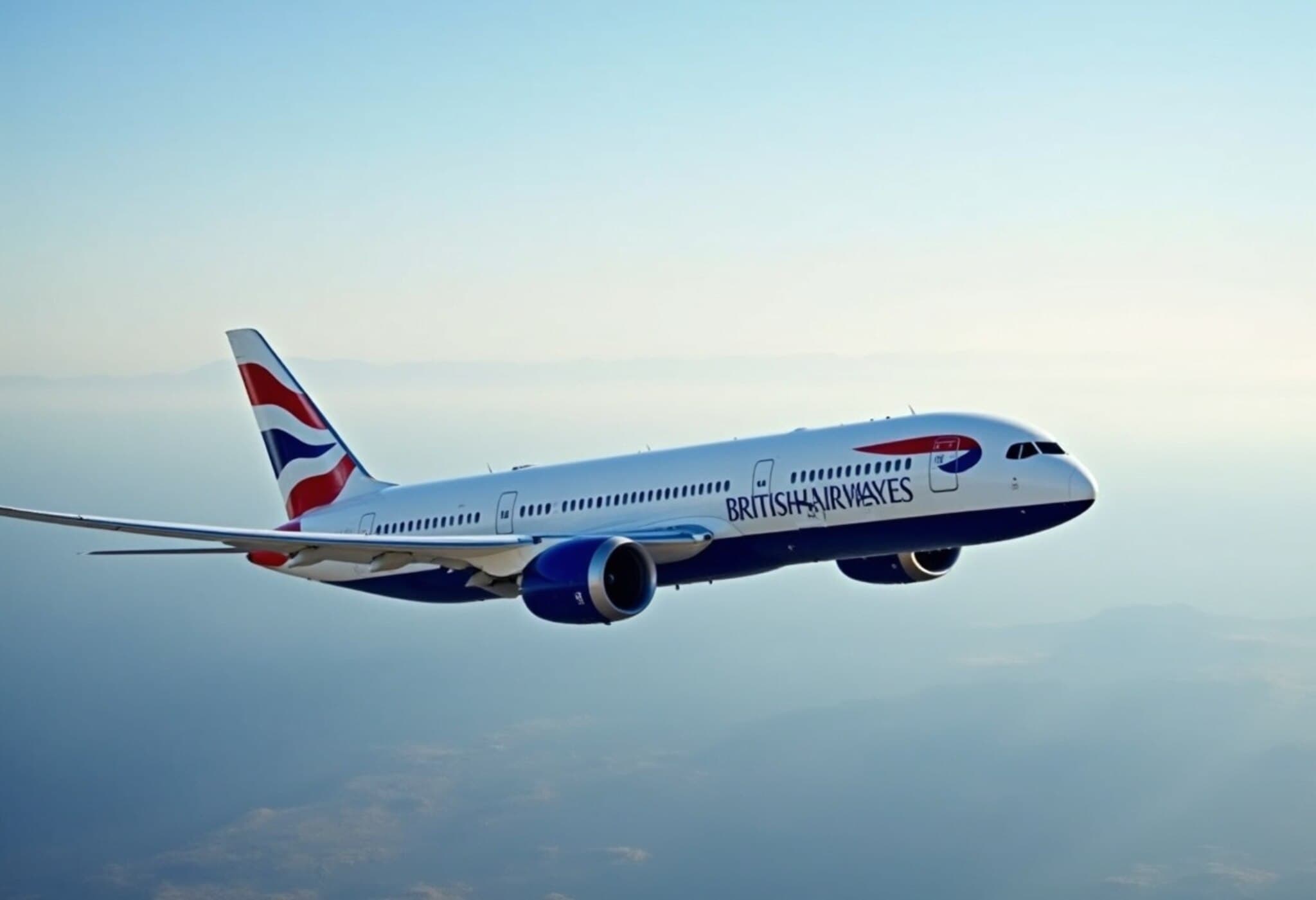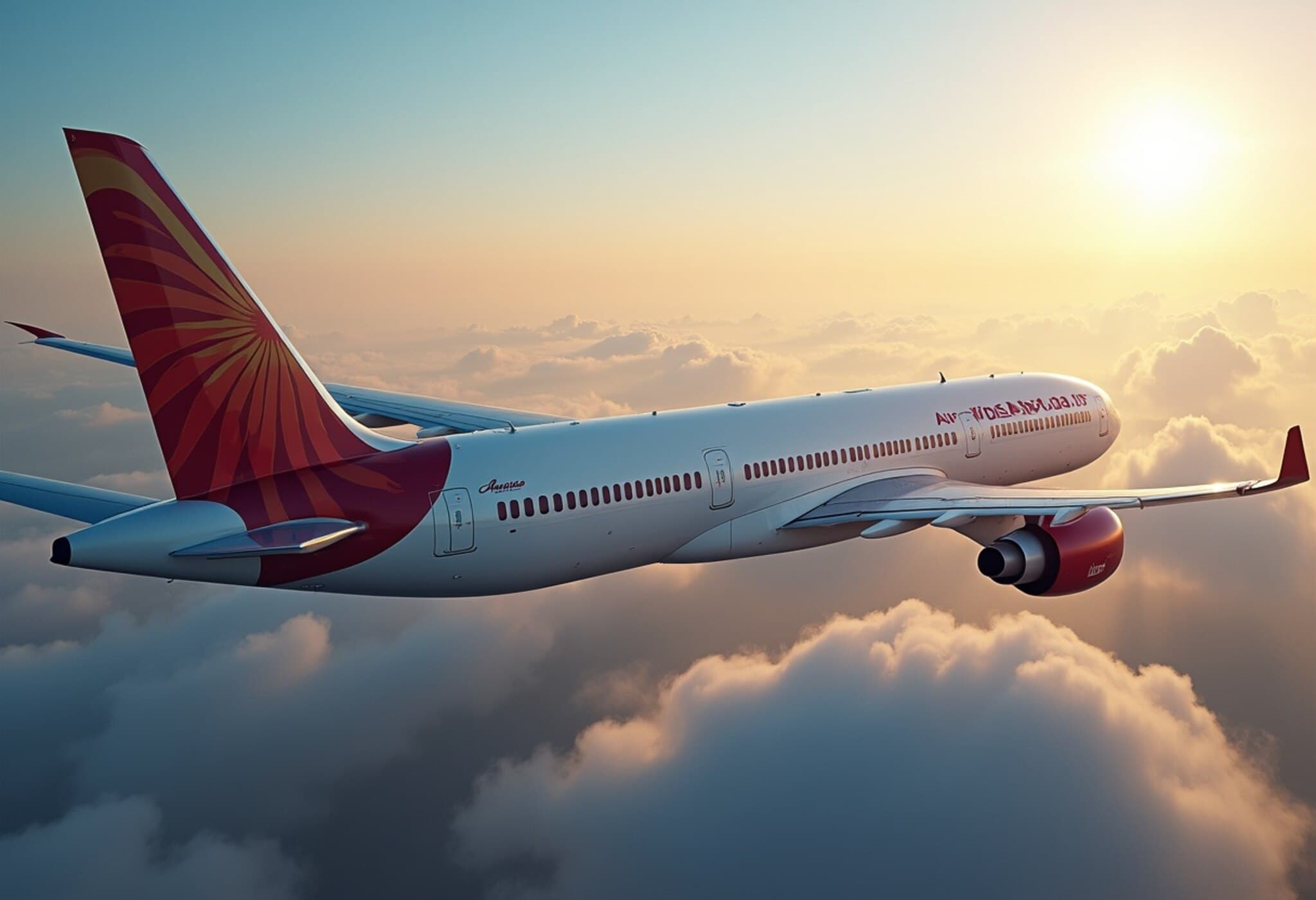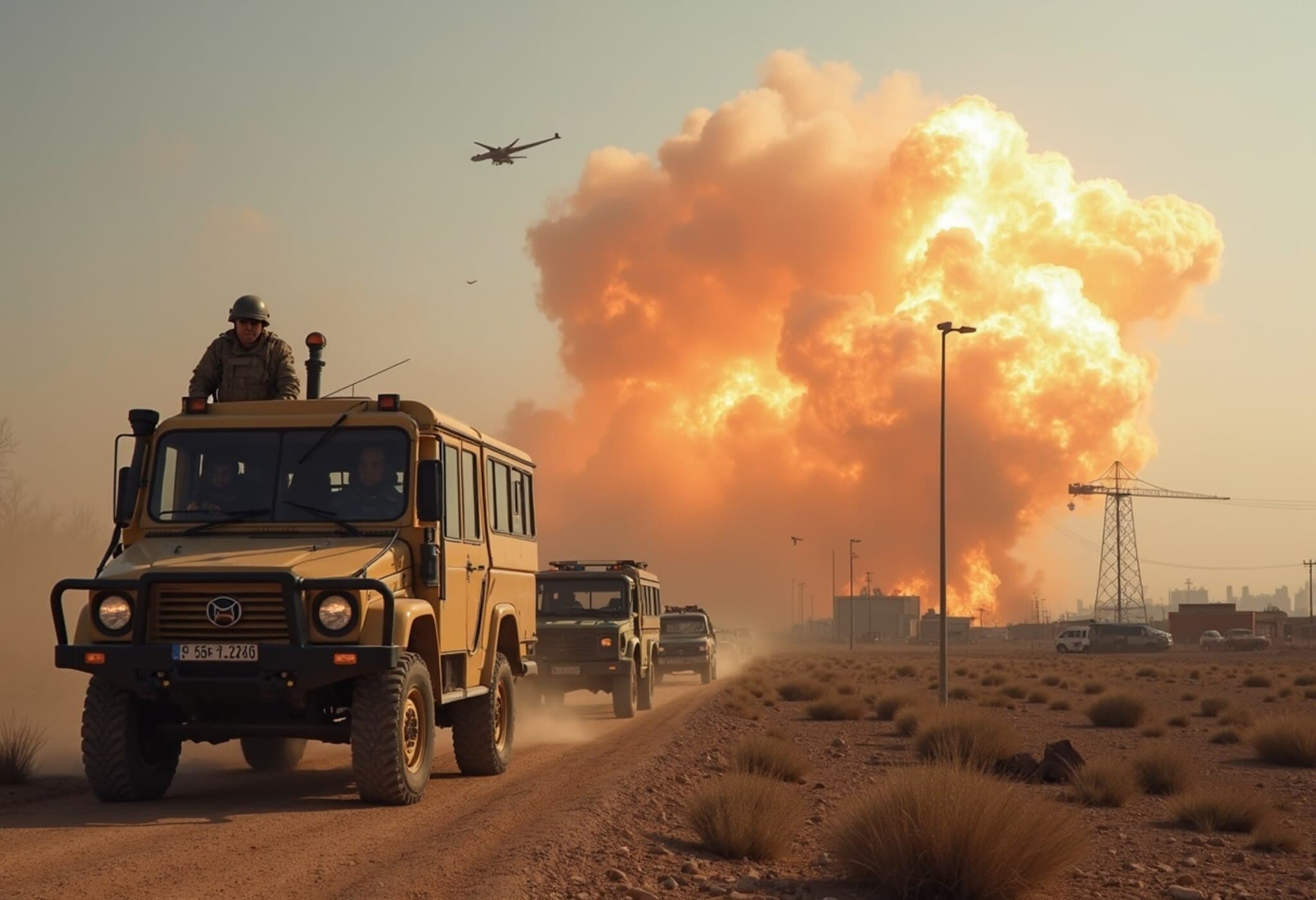India Initiates Fleet Inspections Following Devastating Air India 787 Crash
In the wake of a catastrophic crash involving an Air India Boeing 787 Dreamliner that claimed 270 lives, India's aviation regulator has mandated immediate and thorough inspections of all Boeing 787s operated by Indian carriers. This decisive move comes as authorities intensify efforts to probe the causes behind the disaster.
Urgent Maintenance Checks for Boeing 787s Underway
The Air India flight AI-171, carrying 242 passengers and crew from Ahmedabad to London Gatwick, tragically crashed just moments after takeoff, leading to the world's deadliest aviation incident in a decade. Following this, the regulator ordered additional maintenance checks specifically on Boeing 787-8 and 787-9 aircraft fitted with GEnx engines. These checks include a close look at takeoff parameters, electronic engine control systems, and fuel-related components.
Aviation Minister Ram Mohan Naidu confirmed that 34 Boeing 787s comprise the Indian fleet, with eight already inspected and the rest scheduled for immediate evaluation. While these planes remain operational for now, Indian authorities are contemplating temporary groundings to enhance safety precautions.
Examining Potential Causes: A Multi-Faceted Investigation
Officials are scrutinizing various aspects including engine thrust performance, flap settings during takeoff, and the unusual fact that the landing gear remained extended before the crash. The scene of the accident adds a layer of tragedy, as the aircraft struck a hostel at B.J. Medical College in Ahmedabad, amplifying the human toll.
With at least 270 fatalities confirmed, only one survivor has emerged from this disaster. Authorities are racing against time to identify victims using dental records and DNA profiling, a painstaking process delayed by the severe damage to the bodies.
Families Face Heartbreaking Wait Amid Identification Efforts
Outside Ahmedabad hospitals, families of the deceased endure long waits and anguish for news. Many express frustration over slow identification processes, despite authorities’ efforts. Dental experts have collected records for over 135 victims to support the identification, but the grief and emotional strain weigh heavily on all involved, including medical staff directly affected by the catastrophe.
Air India and the Government Respond
Air India acknowledged the ongoing safety inspections, noting these may lead to longer turnaround times and potential delays on long-haul routes. The airline, now owned by the Tata Group since 2022, faces renewed scrutiny amid this tragedy. Tata leadership has expressed a commitment to uncovering the crash’s root causes, though concrete answers remain elusive.
The government has formed a dedicated panel to investigate the incident and promised a report within three months, signaling a pledge to implement necessary safety improvements across India's aviation sector.

